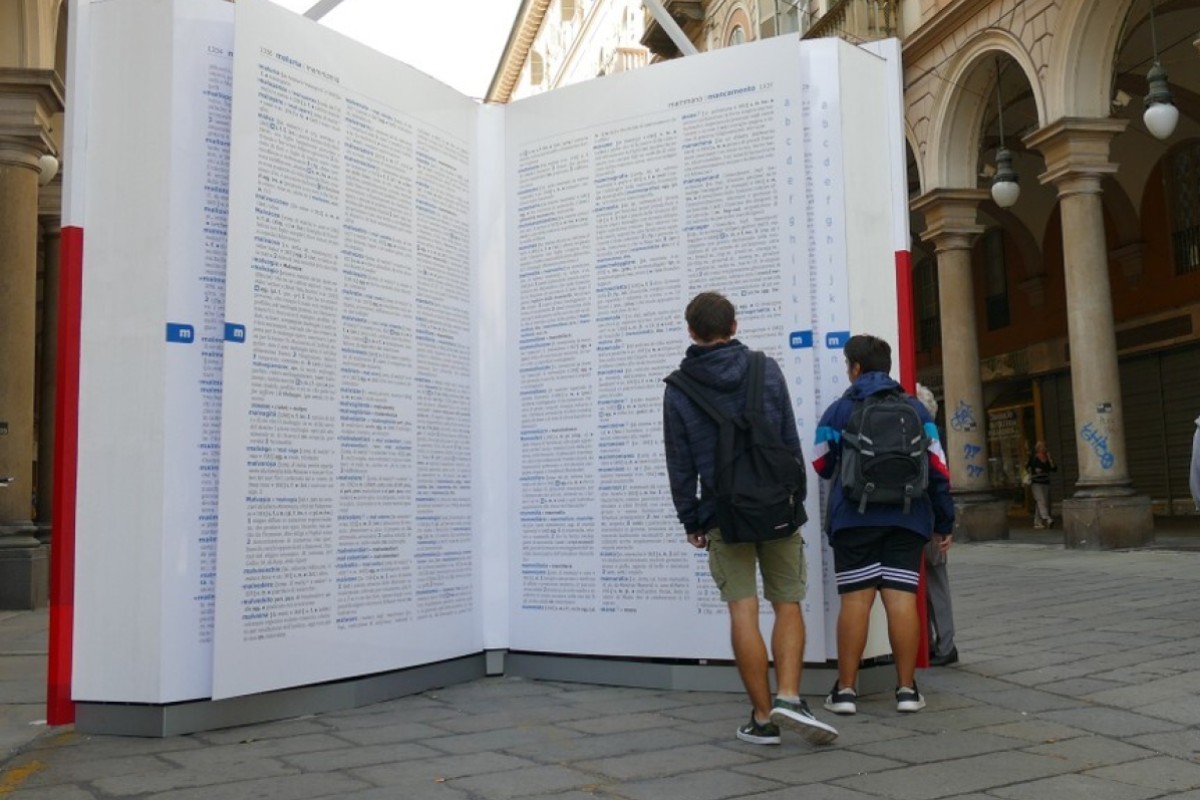
26 weird, old-school English words to add to your vocabulary
- These might not help you get a better grade in your exams, but if you are a logophile (lover of words), they will put a smile on your face
- Just make sure you don’t use them all at once; you don’t want anyone calling you a blatherskite
 Weird words are wonderful, so why not add them to you vocabulary?
Weird words are wonderful, so why not add them to you vocabulary?While we usually share all sorts of useful words and phrases to use on your English exams, here, we’ve put together a list of words that probably won’t help you at all. Instead, these are some old-fashioned words that put a smile on our faces – and hopefully on yours too.
We don’t recommend you use the following words in any of your essays for any subjects. It’s fun to learn their meanings and drop them into conversation, just to make life a bit more interesting.
The weird words we should bring back
1. anguilliform (an-GWILL-i-form)– resembling an eel
2. apricity (ah-PRI-sity) – the warmth of the sun in winter
23 time idioms to make your writing more interesting
3. benthos – the plants and animals found at the bottom of a lake or sea
4. blatherskite – someone who talks for a long time without making much sense
5. borborygmus (bor-buh-RIG-mus) – the scientific term for the noise your tummy makes when it rumbles
6. cacoethes (ka-ko-EE-theez) – an urge to do something you shouldn’t/ inadvisable
7. chad – the tiny round piece of paper produced with a hole punch
8. chiliad (KIL-ee-ad) – a group of 1,000 things
9. deglutition (dee-glu-TISH-un) – the action of swallowing
10. deipnosophist (dype-NOH-so-fist) – someone who’s really good at dinner-table conversation
11. entomophagy (en-tuh-MOF-ah-jee) – the practice of eating insects
12. eucatastrophe (yu-kuh-TAS-tro-fee) – a happy ending
13. flocculent (flok-yu-lent) – having, or looking like it has, tufts of wool (not to be confused with “flatulent”, which means having gas in the stomach so you need to fart!)
14. gasconade (gas-kuh-nade) – extravagant boasting
15. incunabulum (in-kyu-NAB-yu-lum) – a printed book published before 1501. It comes from Latin for the cloths used to wrap a newborn baby, reflecting that books before this time were works of a very new technology
16. ingurgitate – to swallow something greedily
17. logomachy (luh-GOM-uh-kee) – an argument about words
18. mumsimus – a tradition that people follow even though it has been shown to be unreasonable
19. noctambulist – a sleepwalker
20. paraph (par-aff) – a flourish after a signature
21. sternutator (STIR-new-tay-ter) – something that causes sneezing
22. Tellurian (tell-YUR-ee-un) – related to, or living on Earth
23. umbriferous (um-BRIF-uh-rus) – shady
24. velleity (veh-LEE-uh-tee) – a wish or desire, but one that isn’t strong enough for you to do anything about
25. xenology (zen-o-lo-jee) – the study of aliens
26. zoolatry (zoo-ol-a-tree) – the worship of animals, either by ancient religions, or by really, really fond pet lovers
